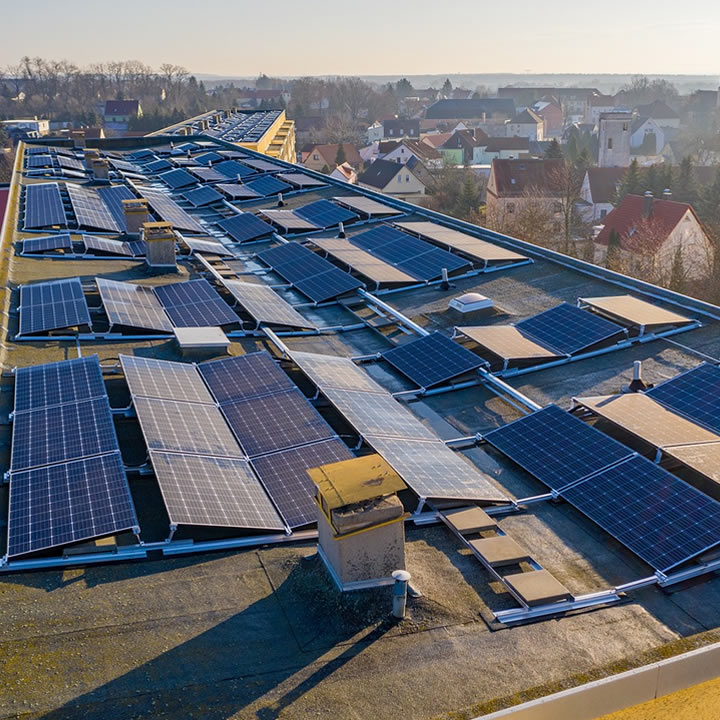Commercial solar systems are an excellent way to reduce energy costs, lower carbon emissions, and boost your business’s sustainability credentials. However, as with any technology, it’s essential to use it correctly to achieve the desired results.
Here are ten common mistakes to avoid when using a commercial solar system.
Skipping a Professional Energy Audit
A professional energy audit is the first step in determining the right size and type of solar system for your business. Skipping this step can result in over or under-sizing the system, significantly impacting its efficiency and performance.
Choosing the Wrong Type of Solar Panel
Different types of solar panels are available in the market and choosing the wrong one can lead to decreased efficiency and performance. For instance, if your business is in an area with high temperatures, you should choose solar panels that can withstand extreme heat.
Not Considering the Direction and Angle of the Solar Panels
The direction and angle of solar panels are crucial for maximum sunlight exposure. Installing solar panels facing the wrong direction or at the wrong angle can result in reduced energy production.
Overlooking the Importance of Battery Storage
Solar systems with battery storage can help you store excess energy generated during the day and use it at night or during peak energy demand periods. Overlooking battery storage can result in a less efficient system and missed opportunities to save on energy costs.
Neglecting System Maintenance and Cleaning
Like any equipment, solar systems require regular maintenance and cleaning to ensure optimal performance. Neglecting solar system maintenance and cleaning can result in decreased efficiency, shorter lifespan, and higher repair costs.
Ignoring Potential Shade Obstructions
Shade can significantly impact the performance of solar panels. Ignoring potential shade obstructions, such as trees, buildings, and nearby structures, can reduce energy production.
Not Factoring in Future Energy Needs
When choosing a solar system, it’s important to consider your business’s future energy needs. Not factoring in future energy needs can result in a system that’s too small, leading to the need for additional solar panels or upgrades in the future.
Choosing the Cheapest System
While the upfront cost of a solar system is a significant consideration, choosing the cheapest option can result in a system with lower-quality components, decreased efficiency, and a shorter lifespan.
It’s important to balance upfront costs with long-term benefits and choose a reputable supplier with a track record of quality installations.
Failing to Obtain Necessary Permits and Approvals
Installing a solar system requires obtaining necessary permits and approvals from local authorities. Failing to obtain these permits can result in legal issues, fines, and the need to remove the system altogether.
Neglecting to Monitor Energy Consumption
Neglecting to monitor your business’s energy consumption can lead to missed opportunities to maximize the benefits of your commercial solar system. You can optimize your system’s performance and save on energy costs by tracking your energy usage and identifying areas where energy can be reduced.
Avoid the Mistakes
By avoiding these common mistakes, you can ensure that your commercial solar system is optimized for efficiency and performance. Each step is critical to achieving the desired results, from choosing the right type of solar panel to factoring in future energy needs.
By working with a professional supplier and installer and regularly maintaining your system, you can enjoy the benefits of a sustainable and cost-effective energy source for years to come.

